Raising turkeys is fun and obviously a profitable business nowadays. Most of the people raise turkeys for the purpose of meat production.
Although some people like to keep a or a few turkeys as pet or for increasing beauty of their home or backyard.
How To Start Raising Turkeys
If you are willing to raise some turkeys as pets or for business purpose, then follow this step by step guide about how to start raising turkeys.
Determine Your Purpose Raising Turkeys
Before starting, determine the purpose of raising turkeys. You can raise turkeys as pets or commercially for business purpose. Ask yourself should you raise turkeys or why should you raise turkeys? This is very important and definitely the first question to ask yourself.
Do you have enough facilities for raising turkeys? Can you sell your products easily in you local market. And many more questions to think about before starting. Turkeys will be right for your farm if you have enough facilities for growing and marketing.
Although if you raise a few turkeys as pet, then there are nothing to worry about. If you have previous experience of raising chickens, ducks, guinea fowl etc. for eggs or meat then you can raise turkeys also.
Raising turkeys is similar to chickens, but turkeys require a bit more babying (especially young turkeys) than chickens. Turkeys are also good as pets. They are very social with humans. Actually, much more humans than chickens. Young turkeys are called poults and a mature male turkey is called tom.
Turkey Breeds
There are many turkey breeds available throughout the world. Broad-breasted white turkeys are the most common breed raise commercially in farms.
The turkey meat we eat are mostly broad-breasted whites (although pasture or free range turkey will taste more flavorful than the commercial farm production variety).
White Holland and Standard Bronze turkeys are also popular turkey breeds for meat production. Broad-breasted Whites and Bronzes are not actual breeds.
They are just a non-standardized commercial strain used for commercial meat production purpose in farms. But Standard Bronzes and White Hollands are recognized and original breeds.
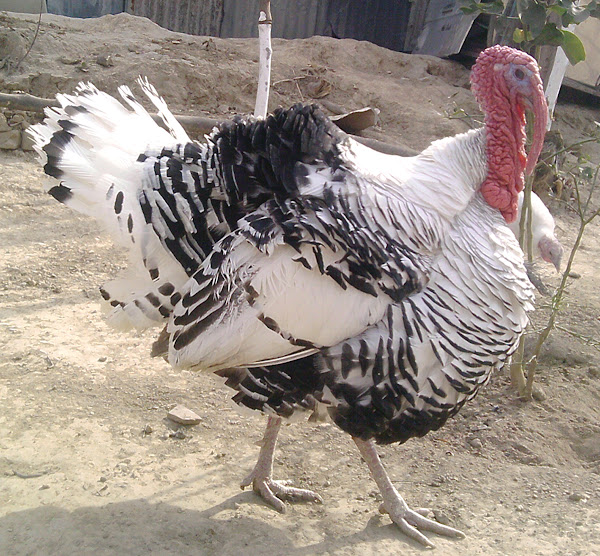
Narragansetts and Bourbon Reds are heritage turkey breeds. They are medium sized, striking birds that excel at foraging and pest control. Royal Palm is a smaller sized turkey breed with 10 to 16 pounds body weight.
They are very beautiful and different-looking birds. Broad-Breasted Whites, Standard Bronze and White, White Hollands etc. are suitable breed for commercial turkey farming purpose.
Caring Poults
Day-old or baby turkeys are called poults. Caring poults is very important part of turkey farming. Usually, you have to start raising and caring poults in the spring.
Setup a brooder area for the poults (just like the brooder for chickens). There are lots of activities involved here. Your previous chicken farming experience will help much.
Temperature management is also very important for poults. You need to keep the temperature of poults brooder area between 90° and 100° Fahrenheit for the first week.
Then gradually lower the temperature by 5° Fahrenheit each week. You can easily decrease the temperature in the poults brooder area by raising the lams. You can feed the poults with commercial chick starter feed.
Housing and Fencing Turkeys
For raising turkeys commercially, you need to build a good housing system with all facilities available. About 5 to 8 square feet housing space is required per turkey bird. Always keep your turkey house dry and clean and ensure sufficient flow of fresh air inside the house.
Some people like to raise turkeys in free range system where they are free to live and browse outside. You can also raise them in a large fenced pen with a movable roost assembly (like a movable chicken coop). 4 to 6 inches long short grass is the best range for raising turkeys.
Although you can have Kentucky and red clover in the range. As those are good grasses for turkeys. Make a strong fence around your range so that you can keep your birds free from predators such as coyotes, raccoons, foxes etc. Woven wire fencing is strong enough for preventing your birds from such predators. Electrified poultry netting is also a great choice.
Feeding and Watering Turkeys
Adequate and quality feeding is very important for raising turkeys. Turkeys require more protein in their regular feed than chickens. For proper growth and better production, poults need about 28 percent protein in their feed and adult birds need about 20 percent protein in their regular feed.
A mature turkey consume about 1 pound of feed daily. You can purchase ready-made commercial turkey feed from the market. Along with quality feeding, ensure availability of sufficient amount of clean and fresh water. 100 turkeys will need about 65 liters of water daily.
Automatic poultry waterer and feeder are good choice for feeding and watering turkeys. Clean the feeder and waterer on a regular basis.
Preventing Turkey Diseases And Other Health Problems
Disease and other health problems are also common in turkeys like other poultry birds. And sometimes bad things happen and you need to learn how to prevent the birds. So, learn more about preventing diseases and health problems before they arise.
As we know ‘prevention is better than cure’. So take proper care of your birds. Good housing, proper ventilation, fresh air circulation system and providing fresh and clean water and feed are the easiest ways for raising turkeys and keeping them free from health problems.
Don’t raise turkeys and chickens together. Ensure raising them separately from chickens and other poultry birds. Give your birds enough roosting space and if possible pasture/range. Also protect the turkeys from predators.
Raising turkeys is fun and profitable at the same time. Before starting commercial turkey production business, we recommend visiting some farms for learning more practically. For breeding purpose keep 1 tom (male turkey) for each 10 hens.

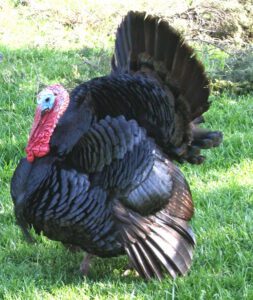
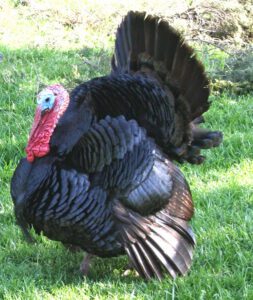
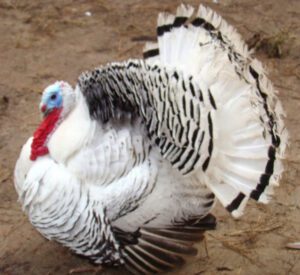
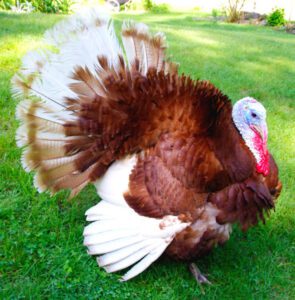
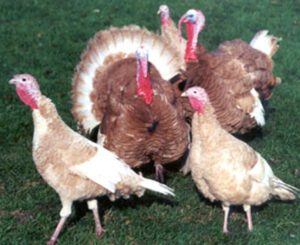
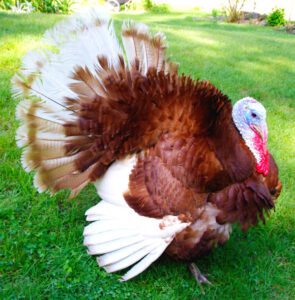
Very informative thank you. I want to start turkey farming for commercial use but I am clueless on where to find them and how is the market in South Africa.
Am interested in rearing Turkey